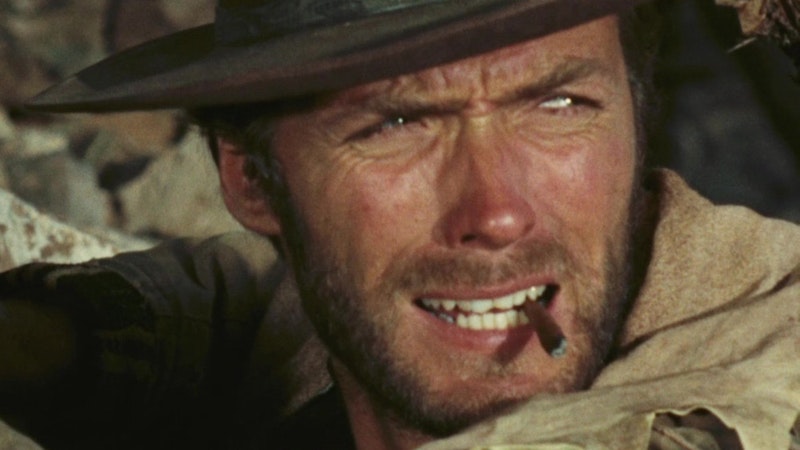In July 2019 I became interested in the word “cool.” Everyone uses it but the definition isn’t clear. In an anthropological spirit, I put together an anthology. I asked people I knew, made a flyer for bars and at poetry readings, made a call for entries of Facebook. Then the Covid lockdowns occurred here in Paris—by anyone’s definition a very un-cool event—and that, along with the fact that I had received only 18 very short submissions, put an end to the project.
These submissions focused for the most part either on the kind of cool associated with the actor Steve McQueen or the Beat Generation and hippies. McQueen, in his films at least, was very cool. He's in control, always calm in the heat of battle. I learned from Quentin Tarantino’s book Cinema Speculation that he cut out large parts of dialogue from the films in which he acted. So did Clint Eastwood in the Spaghetti Westerns that made him a star. Eastwood was very cool. Cool people don’t talk much. The other type of cool, the Beat/Hippie version, is someone who accepts things as they are, not getting ruffled by the madness of the world, not judging others, letting things roll.
The word fascinates me. As I get older I’m convinced that when people speak, though they think they want to communicate specific thoughts, what they really want more than anything else is to feel understood, to feel that they’ve been listened to. Whether or not they’re understood is difficult to determine. I don’t mean when they communicate technical information like how to repair a bicycle tire, add page numbers to a document or do brain surgery, but rather their personal ideas about intangibles. Cool is one of the great intangibles. It can be used as an adjective verb, or noun: “Though given a cool reception when I suggested that we cool off in the pool, I recovered my cool.”
I’ve heard it used in sentences like “Nazi uniforms are cool,” “Serial Killers are cool,” “That was a cool movie,”“Astrophysics is cool” or, from my teenage years, “His parents are cool,” meaning they let their child smoke marijuana at home. That never seemed cool to me. Like its cousins “shit” and “fuck,” cool is always defined in a context. “Shit! That was fucking cool!” is one the greatest judgments.
I was a singer in a couple of bands. I noticed that during the rehearsals the main criteria of whether we kept something, say a particular riff, an arrangement or even an entire song, was whether it was cool or not. The guitar player would play something and if everyone agreed it was cool, it stayed, if they didn’t agree, it was out. But what did it mean? I come from a background of classical music where there are other criteria such as clear voice leading, balanced orchestration and well-defined form. These, while no guarantee of musical beauty, serve as a basis of judgment for a composition. These are the so-called “rules” that composers are supposed to break when they express themselves. These rules were entirely absent from the process of putting our songs together. Still, the criteria of cool as it was used in my two bands did function as a way to get a song done.
Some supposedly cool people are among the most judgmental humans I’ve ever met. You’re cool in their eyes as long as you correspond to a certain set of standards. They’d think it was cool if you liked German-hard-core-noise-trance bands, Aleister Crowley and vintage psychedelic clothing, but if you’re into Bach, Jesus and wear neckties you’re hopelessly uncool.
When something becomes too popular, it’s anathema to these people. Religious songs are only okay when sung by a crazed hillbilly on a used cassette found in a junk store. Is it good or interesting? Who knows, but it’s cool! I once committed the egregious fault of saying that that Kurt Cobain came close to my concept of a poet. The person to whom I said this, a cool person by anyone’s standards, couldn’t bear it. Nirvana was too popular!

